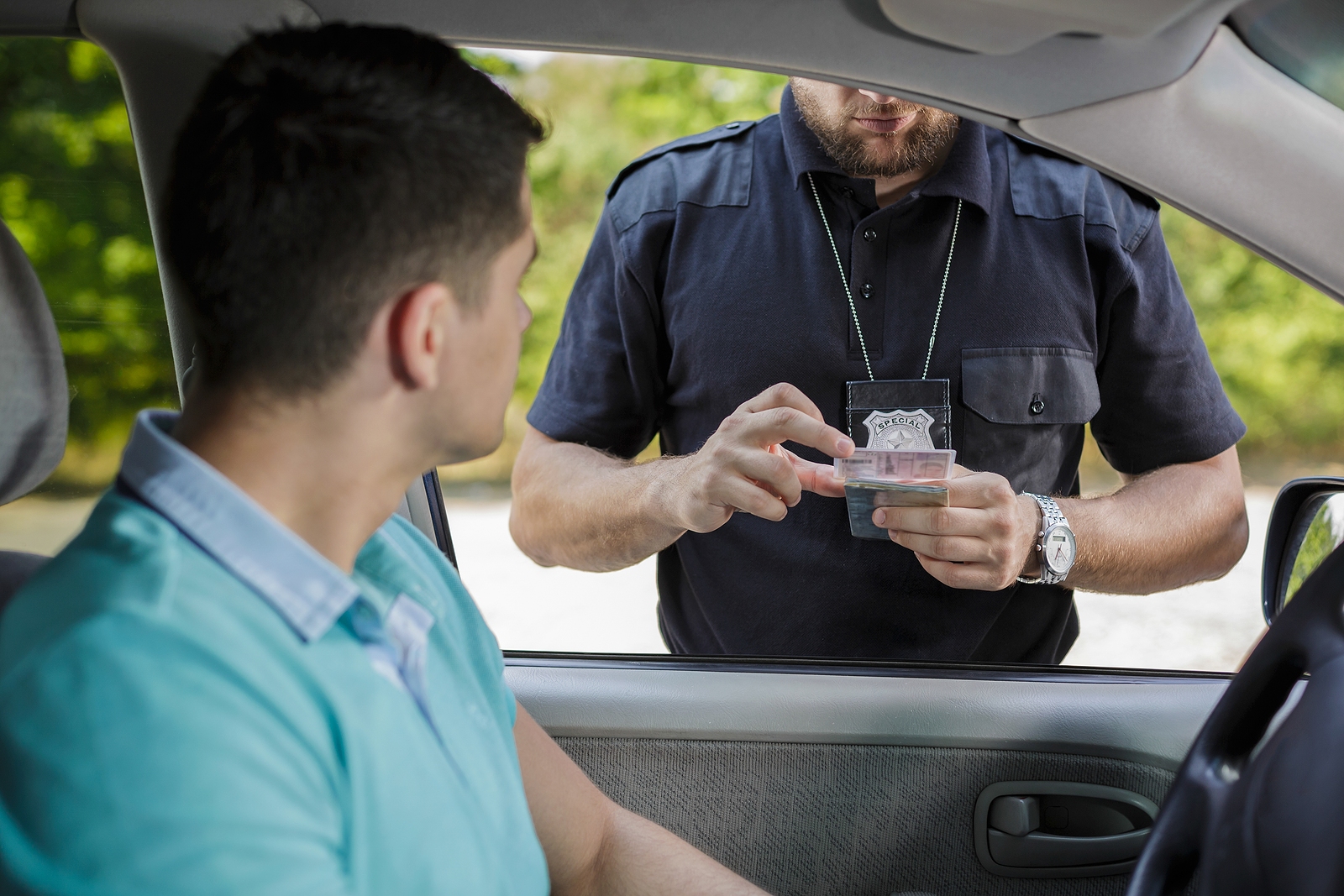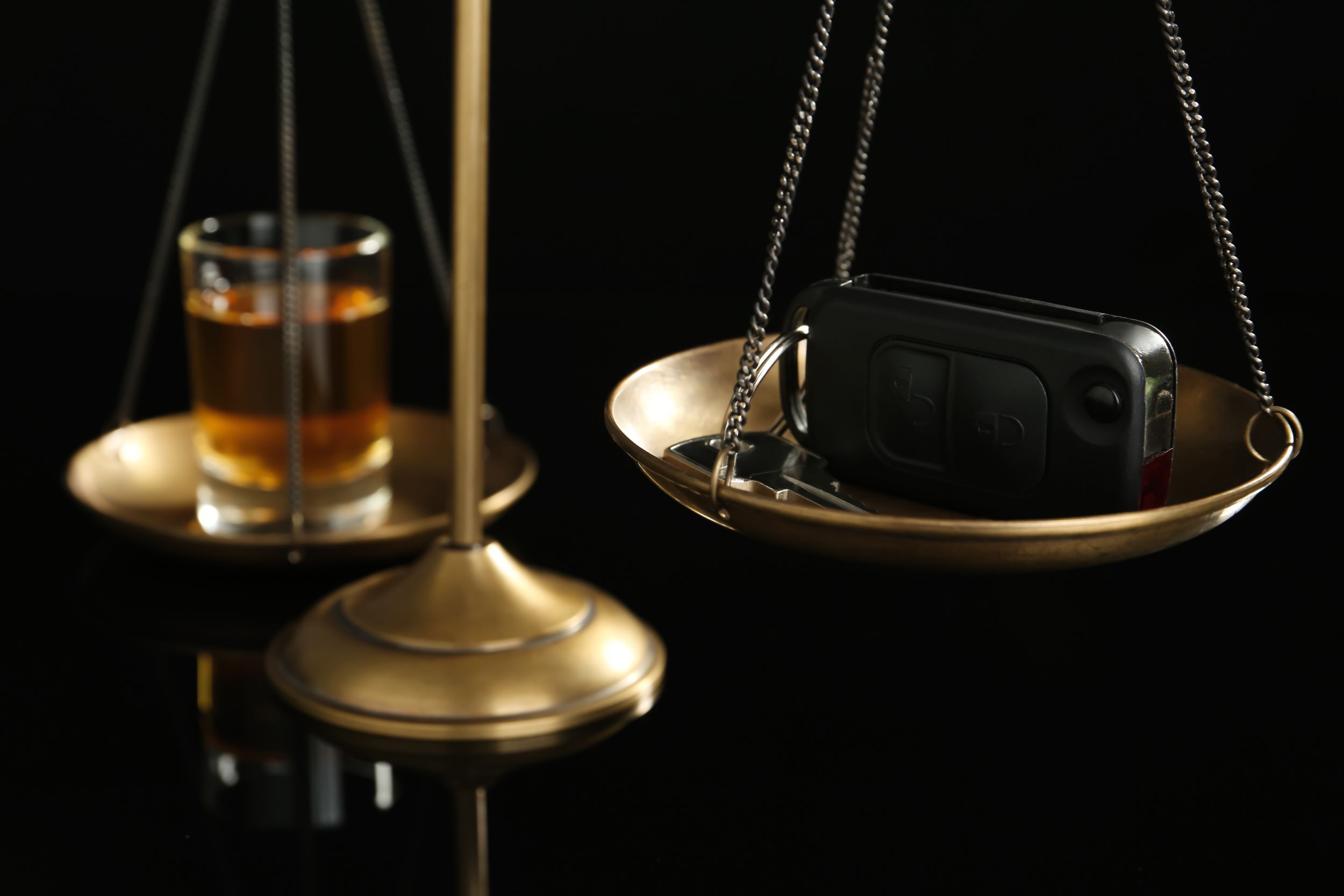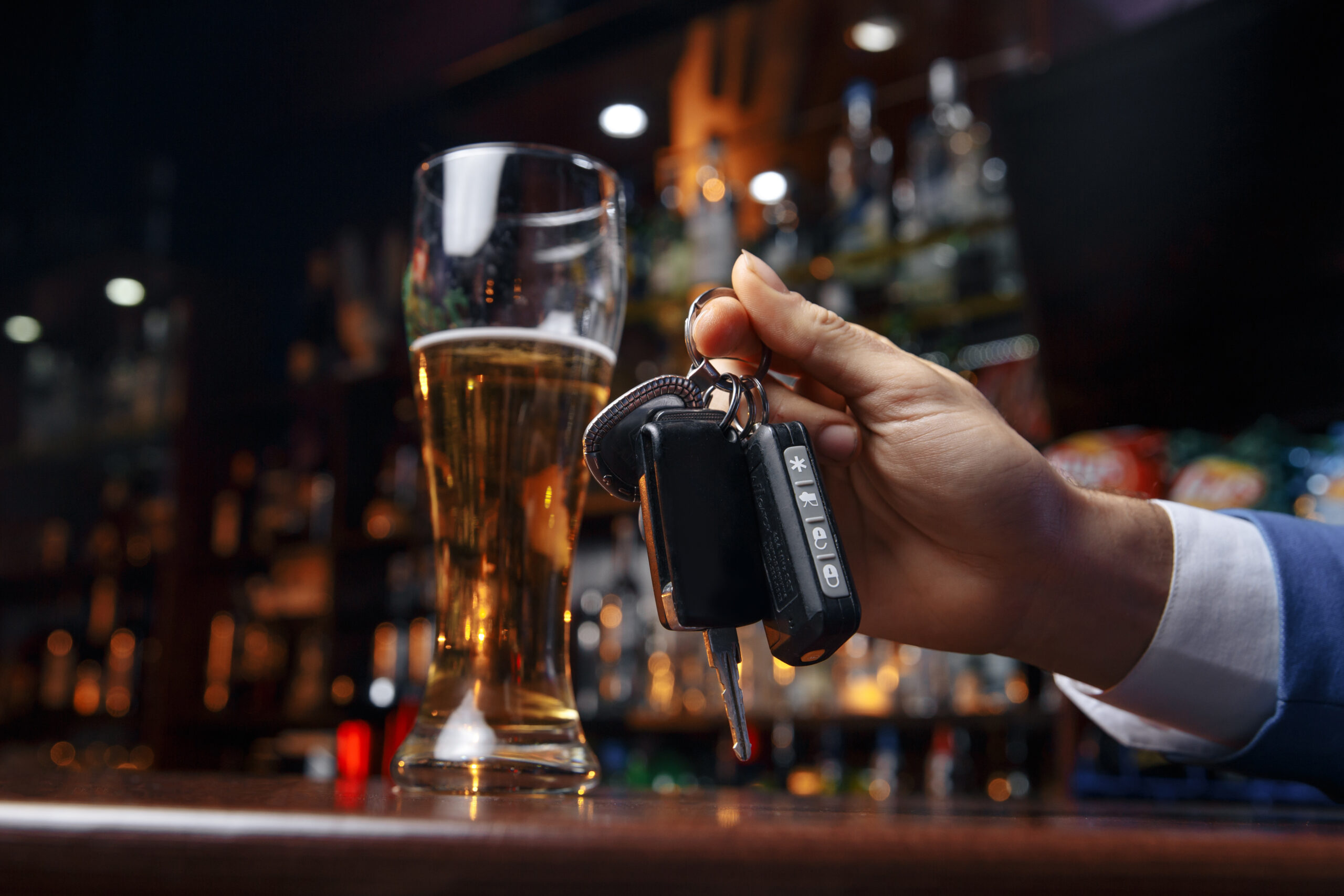Will My License Be Suspense in a DUI Case?
DUI charges come with hefty penalties upon conviction, including the suspension of your driver’s license. The suspension period depends on various factors, such as the gravity of the offense and whether it is a first-time or subsequent occurrence.
Criminal defense attorneys from a law firm in San Bernardino explain that the suspension can be administrative or court-ordered, with the potential for the two suspensions to run concurrently and independently. Understanding the difference between the two types of suspensions is crucial when facing Dui charges.
What is an Administrative License Suspension?
If you’re arrested on suspicion of a DUI in San Bernardino, the arresting officer will take away your license if:
- You refuse to take or complete a chemical test
- Your BAC level reading is above the legal limit of 0.08% if you’re over 21, 0.01% o if you’re under 21, or 0.04% if you’re a commercial driver.
The police officers will provide a notice of suspension that goes into effect within 30 days after the arrest. This process is the Department of Motor Vehicles (DMV) administrative suspension, which works independently of the court-ordered suspension. License suspension can inconvenience you in multiple ways. Consult skilled San Bernardino DUI defense attorneys for legal guidance.
How Does the Administrative License Suspension Work?
The DMV will initiate a license suspension even if no criminal charges are filed against you in court. If you don’t take or fail the chemical test administered by law enforcers, they may then:
- Take your license and send it to the DMV
- Issue you with an Order of suspension or Revocation
- Arrest and charge you with a DUI
A temporary driver’s license valid for 30 days is available when you’re issued with the Order of Suspension or Revocation. At the end of the 30-day revocation period, your driver’s license will automatically be suspended unless you:
- Request a hearing with the DMV
- Place the request within 10 days of your arrest
If you don’t know how to request a hearing with the DMV, experienced DUI defense attorneys in San Bernardino can guide you. They can walk you through the process to ensure you file within the deadline and defend yourself appropriately for the most favorable outcome.
What Happens at the DMV Hearing?
If a DMV hearing occurs, it takes place at a DMC office and is conducted by a “hearing officer.” While the process is less formal than a trial in court, you have the right to be represented by San Bernardino DUI defense lawyers who can challenge the evidence presented against you. They can also cross-examine witnesses and engage expert witnesses to testify in your favor.
During the hearing, the DMV can suspend your license if it proves that:
- The DUI stop and arrest were legal
- You were driving a vehicle with a BAC above the legal limit
- You refuse a blood or breath test
The standard of proof in these hearings is “preponderance of the evidence,” not “beyond a reasonable doubt.” The consequences are:
- A driver’s license suspension for a first-time DUI
- A one-year suspension for a subsequent DUI offense; the suspension is more extended if you refuse to take a legally requested chemical test.
What is a Court-Order License Suspension?
A court-ordered license suspension happens when a judge finds you guilty of a DUI offense. A criminal DUI case usually proceeds over an extended time than the administrative hearing. The case starts once the prosecutor files the charges in court, which can take some time.
During the court proceedings, you can:
- Plead guilty to the charges or
- Plead not guilty and defend yourself against the charges at trial
If you plead guilty, the judge may enter a court-ordered license suspension as part of the penalties. If you plead not guilty and the case goes to trial, aggressive DUI defense attorneys can defend you to enhance your chances of having the charges dropped or penalties reduced. A criminal trial is formal, and a jury is present to decide the case’s outcome.
In some cases, the DMV and court-ordered license suspensions can overlap. The DMV suspension could count toward the court-ordered one.
What Are the Difference Between the Two Suspensions?
One of the primary differences between a DMV and court-ordered suspension is the evidence required in each case. The court may have little proof to convict you of criminal DUI charges, causing it to drop the case and avoid the suspension. However, the DMV may still proceed with the suspension based on your activity and conduct on the road in relation to the DUI.
You have 10 days after an administrative suspension to challenge the move. With a court-based suspension, you can challenge the charges before the suspension is imposed. Working with skilled San Bernardino DUI defense attorneys is crucial to defending your rights. Once a court convicts suspends your license, you may have to wait at least 90 days before reinstating it.
A Skilled DUI Defense Attorney Helping You Understand DMV and Court-Ordered Driver’s License Suspension
If you have been arrested and charged with a DUI offense, you are likely to face a driver’s license suspension. It could be an administrative suspension, court-ordered, or both. For more information on the implications of the suspensions and how to navigate the situation, consult experienced DUI defense attorneys in San Bernardino.
Patrick Silva, Attorneys at Law, is a reputable San Bernardino law firm with dedicated DUI defense attorneys. We extend legal guidance and representation to clients charged with driving under the influence. License suspensions can be frustrating, but we can help you challenge them. Call us at 909-500-4819 for a FREE consultation.




